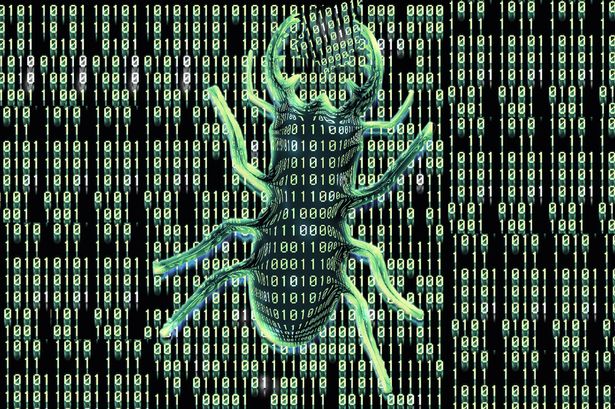They US Federal Bureau of Investigation (FBI) disabled a piece of malware Russia’s intelligence agency has allegedly used for two decades (!) to steal documents from NATO-allied governments and others, in an operation that highlights the FBI’s increasing efforts to go beyond arresting hackers and find new ways to disrupt cyberattacks.
In an affidavit filed in federal court in Brooklyn, a Federal Bureau of Investigation agent said the bureau had identified a long-running cyber-espionage campaign by officers in a unit of Russia’s Federal Security Service, or FSB, to take documents from other governments’ defense and foreign ministries, journalists and others, and route them through infected computers in the U.S. to cover their tracks. Security researchers have sometimes referred to the group of hackers as “Turla,” who are known to use a malware called “Snake.”
FBI agents identified U.S. computers infiltrated with the Snake malware, including in Oregon, South Carolina and Connecticut, and obtained court approval to issue commands to the malware to permanently disable it on those computers, officials said. The operation is the latest example of the FBI using an obscure legal authority to proactively disrupt Russian or Chinese cyberattacks by essentially infiltrating their systems. Investigators tracked the group’s daily activities to an FSB facility in Ryazan, outside Moscow.
Cybersecurity experts and U.S. officials said that Turla’s espionage activities can be traced back more than 25 years, though with rare exception the group’s hackers are adept at infiltrating systems without being noticed. For example, the group was linked to a major breach of U.S. classified systems in the late 1990s that compromised the Pentagon, other government agencies and defense contractors and was considered a watershed cyberattack that demonstrated the national security threat posed by Russian government hackers. In that case, it took years before the U.S. discovered the campaign (!).
Aruna Viswanatha and Dustin Volz, FBI Disables Malware Russia Allegedly Used to Steal Documents from NATO Allies, WSJ, May 9, 2023







